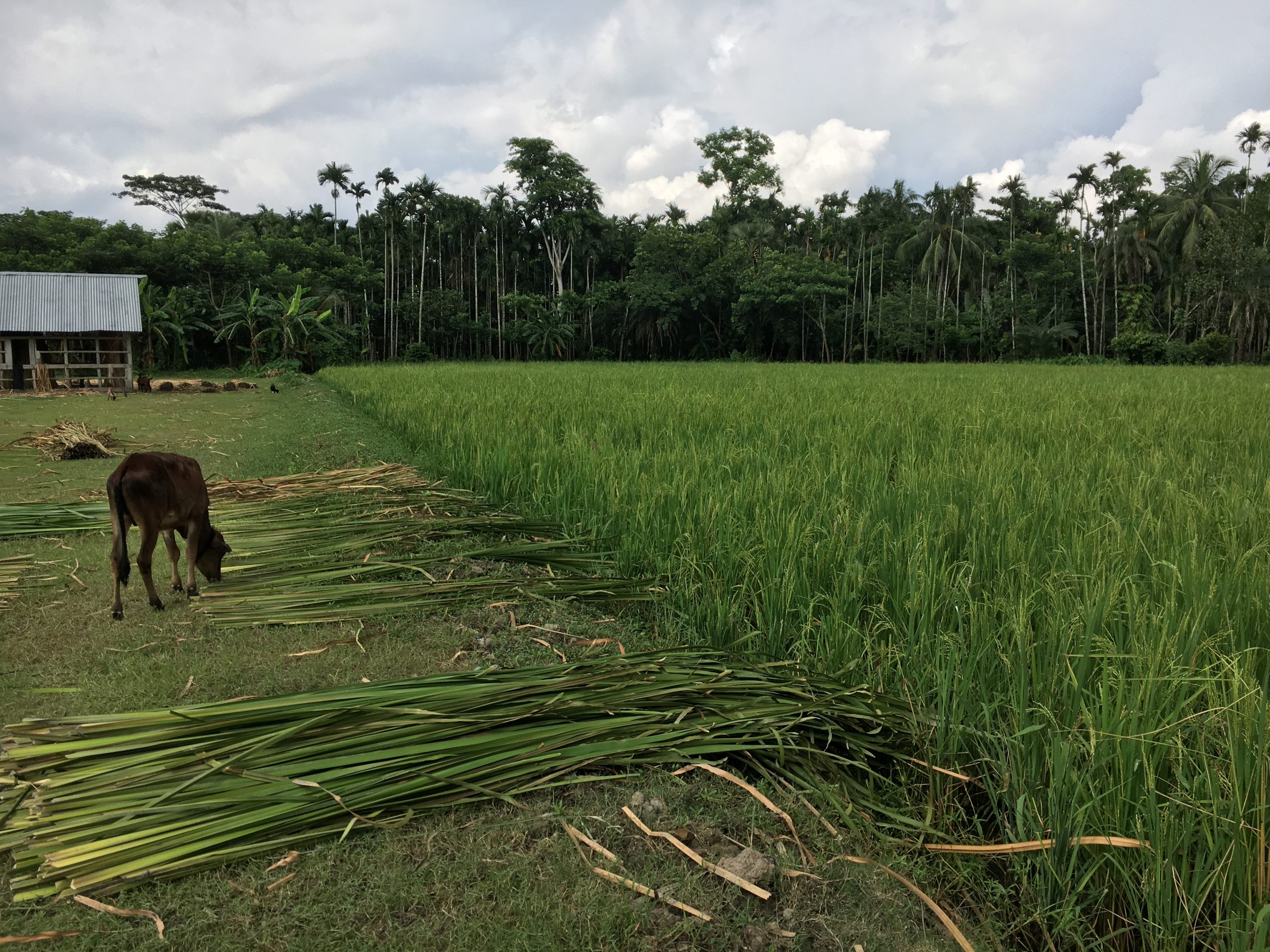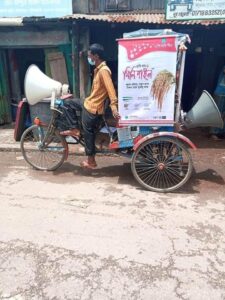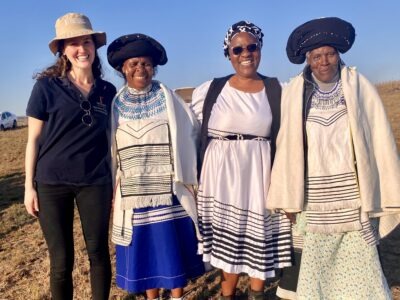
Improved seed development and breeding remains a major constraint to introducing commercial productive seed varieties in Bangladesh. A new rice seed variety, created through a collaboration between industry and academia supported by USAID, aims to overcome these constraints. ACI Seed and Rajshahi University released an indigenously bred rice seed variety that is high-yielding and open-pollinated with the support of the Feed the Future Bangladesh Rice and Diversified Crops (RDC) Activity.

The RDC Activity is a five-year activity that aims to improve food security and nutrition by facilitating systemic changes that help increase rural incomes. To support smallholder farmers in southwestern Bangladesh, the RDC Activity partners with private sector companies, such as ACI Seed, to catalyze market systems changes that promote diversified farm management practices focused on intensified rice production and higher-value, nutrient-rich crops.
This new rice seed variety, Rabi Dhan-1, is branded as a Mini Shail. It is slender and has excellent cooked rice properties, like other Shail Aman season rice varieties. Rabi Dhan-1’s short duration during the Aman season, one of three rice growing seasons in Bangladesh, is roughly 130 days. This is 15 days shorter than the popular BR11 variety. The shorter duration allows farmers to plant follow-on crops sooner, which improves their cropping patterns and earning potential. Rabi Dhan-1 is also suitable for cultivation throughout Bangladesh. The variety has a 1.5-metric ton per hectare yield advantage over BRRI Dhan 39, another popular variety. Because it is tolerant to both bacterial leaf blight and rice blast, this variety also reduces production costs for farmers.
With support from the RDC Activity, ACI Seed began marketing Rabi Dhan-1 in 2020. During the 2020 Aman season, they sold 20 metric tons of seed. Of this, 5.33 metric tons were sold in the Feed the Future zone to 666 farmers. During this year’s Aman season, ACI Seed plans to sell even more. Their goal is to sell 100 metric tons of seed in the Feed the Future zone, benefitting 14,000 smallholder farmers.
Learn more about the RDC Activity.
Learn more about our work in Bangladesh.





